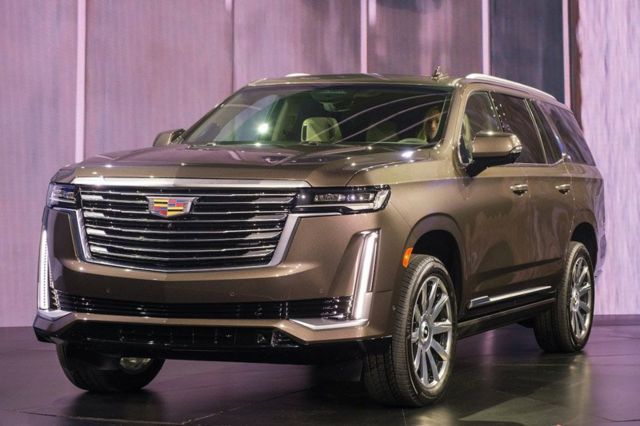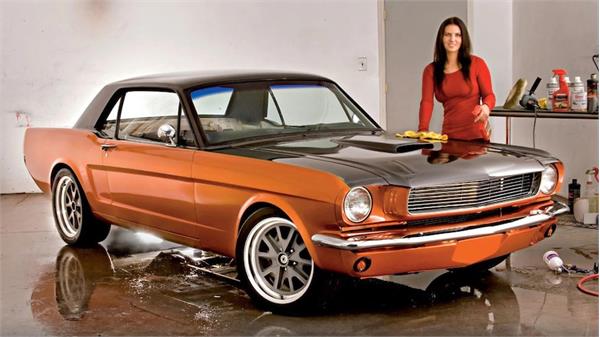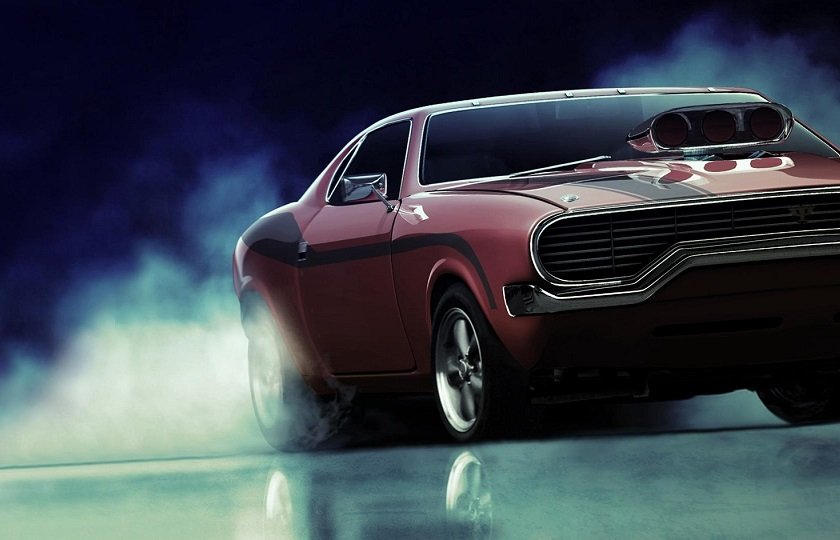
American cars have a rich history and have played a significant role in shaping the automotive industry. Known for their powerful engines, bold designs, and a sense of freedom on the open road, American cars have captured the imagination of car enthusiasts worldwide.
A history of American cars:
The history of American cars is a fascinating journey that spans over a century. American car manufacturers have played a significant role in shaping the global automotive industry. Here’s an overview of the key milestones in the history of American cars:
Late 19th Century – Early 20th Century:
- The first American car is often credited to Charles and Frank Duryea, who built the Duryea Motor Wagon in 1893.
- Henry Ford’s introduction of the assembly line in 1913 revolutionized car production with the Model T, making cars more affordable and accessible to the masses.
1920s:
- The 1920s saw the emergence of classic American car brands like Chevrolet, Ford, and Chrysler.
- Stylish cars with elaborate designs became popular during this decade.
1930s:
- The Great Depression in the early 1930s severely impacted the American automotive industry, leading to bankruptcies and consolidation.
- Streamlined designs and powerful engines became more prominent in the latter half of the decade.
1940s – World War II Era:
- Car production largely shifted to supporting the war effort during World War II.
- After the war, pent-up demand for new cars led to a post-war production boom.
1950s:
- The 1950s were characterized by iconic designs, including tailfins, chrome detailing, and powerful V8 engines.
- Muscle cars like the Chevrolet Bel Air and Ford Thunderbird gained popularity.
1960s:
- The 1960s witnessed the emergence of the muscle car era, with models like the Ford Mustang, Chevrolet Camaro, and Dodge Charger.
- Safety and emission regulations began to gain attention.
1970s – Oil Crisis Era:
- The oil crisis of the 1970s led to a shift towards smaller, more fuel-efficient cars.
- American car manufacturers faced challenges from foreign competitors, particularly from Japan.
1980s:
- The 1980s saw advancements in technology and the introduction of computerized engine control systems.
- American automakers worked on improving fuel efficiency and meeting new emission standards.
1990s – 2000s:
- The 1990s and early 2000s brought a resurgence of American car manufacturers, with popular models like the Ford Explorer and Chevrolet Silverado.
- The era also witnessed the rise of SUVs and trucks in the American market.
2008 Financial Crisis and Restructuring:
- The global financial crisis in 2008 had a significant impact on American automakers. General Motors and Chrysler filed for bankruptcy and received government assistance to restructure.
2010s – Present:
- The 2010s saw a focus on alternative fuels and electric vehicles (EVs). Tesla, an American electric car manufacturer, gained prominence.
- American car manufacturers continued to produce popular models like the Ford F-150 and Chevrolet Silverado.

Throughout its history, the American automotive industry has demonstrated resilience, innovation, and adaptability. American cars have reflected the evolving needs and preferences of consumers, as well as changing economic, environmental, and technological factors. Today, American car manufacturers continue to play a vital role in the global automotive market, offering a diverse range of vehicles, from traditional gasoline-powered cars to electric and hybrid models.

Features of American cars:
American cars have evolved over the years, offering a wide range of features to cater to diverse consumer preferences and needs. Some common features and characteristics of American cars include:
- Size and Space: American cars are often known for their spacious interiors and larger dimensions, making them ideal for families and long-distance travel.
- Powerful Engines: Many American cars are equipped with powerful engines, including V8 and V6 options, which provide robust acceleration and towing capacity.
- Comfort: Comfort features such as well-padded seats, plush interiors, and generous legroom contribute to a smooth and enjoyable ride.
- Infotainment Systems: American cars often come with advanced infotainment systems that include touchscreen displays, navigation, smartphone integration, and a variety of entertainment options.
- Connectivity: Connectivity features such as Wi-Fi hotspots, USB ports, Bluetooth, and wireless charging are commonly found in modern American cars.
- Safety Features: American cars often incorporate a range of safety features, including advanced driver assistance systems (ADAS) like adaptive cruise control, lane-keeping assist, automatic emergency braking, blind-spot monitoring, and more.
- Versatility: American cars are designed with versatility in mind, offering options for folding rear seats, roof racks, and spacious cargo areas for those who need extra space for luggage, sports equipment, or outdoor adventures.
- Customization: Many American automakers offer a wide range of trims, packages, and customization options, allowing consumers to tailor their cars to their specific preferences.
- Towing Capacity: American trucks and SUVs are often designed with high towing capacities, making them suitable for hauling trailers, boats, and other heavy loads.
- Off-Road Capability: Certain American SUVs and trucks are equipped with off-road features like four-wheel drive, all-terrain tires, and specialized suspension systems for those who enjoy off-roading.
- Performance Models: American car manufacturers produce high-performance models, including muscle cars and sports cars, known for their speed, agility, and powerful engines.
- Fuel Efficiency: While larger American cars have traditionally been associated with gas-guzzling engines, many modern American vehicles, including hybrids and compact models, offer improved fuel efficiency.
- Luxury Options: Some American automakers produce luxury vehicles with high-end features, premium materials, and cutting-edge technology.
- Hybrid and Electric Options: American car manufacturers have entered the hybrid and electric vehicle market with options that offer fuel efficiency and reduced emissions.
- Truck Bed Features: American pickup trucks often come with unique features like truck bed liners, built-in storage compartments, and tailgate options to enhance functionality.
It’s important to note that the features of American cars can vary widely depending on the make and model. American automakers continually innovate to meet changing consumer preferences and industry trends, offering a diverse range of vehicles that cater to various lifestyles and requirements.
One of the iconic characteristics of American cars is their emphasis on performance and horsepower. Many American automobile manufacturers have produced legendary muscle cars, such as the Ford Mustang, Chevrolet Camaro, and Dodge Challenger, which are celebrated for their raw power and exhilarating driving experiences.
In addition to muscle cars, American automakers have excelled in producing pickup trucks, which have become inseparable from the American culture. Trucks like the Ford F-150, Chevrolet Silverado, and Ram 1500 are renowned for their durability, towing capabilities, and versatility, making them popular choices for both work and recreational purposes.
American car manufacturers have also embraced innovation and technology over the years. Companies like Tesla have revolutionized the electric vehicle market, showcasing American ingenuity and pushing the boundaries of what is possible in automotive engineering.
Furthermore, American car brands have a strong presence in the luxury segment, offering a blend of comfort, style, and advanced features. Manufacturers such as Cadillac, Lincoln, and Tesla’s higher-end models provide luxurious driving experiences with cutting-edge technology and refined aesthetics.
It’s important to note that American car manufacturers have faced both successes and challenges throughout their history, adapting to changing consumer demands and global competition. They continue to evolve, focusing on fuel efficiency, sustainability, and the integration of autonomous driving technologies to meet the demands of the future.

Overall, American cars have left an indelible mark on the automotive industry, representing a spirit of innovation, power, and freedom. Whether it’s the classic muscle cars, robust trucks, or forward-thinking electric vehicles, American cars continue to captivate enthusiasts and drivers around the world.
Read this article: Muscle cars

Leave a Reply